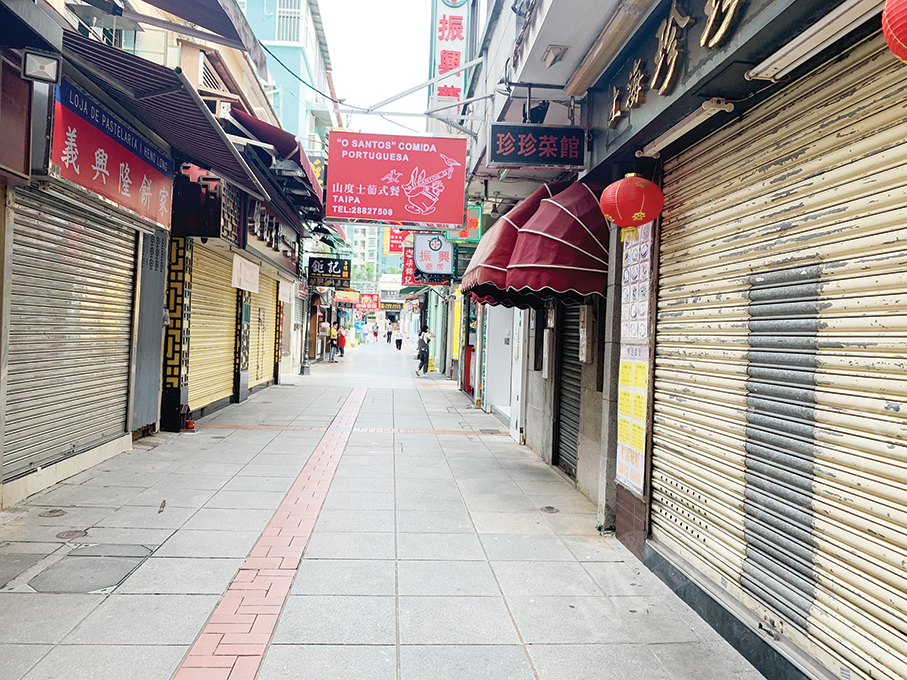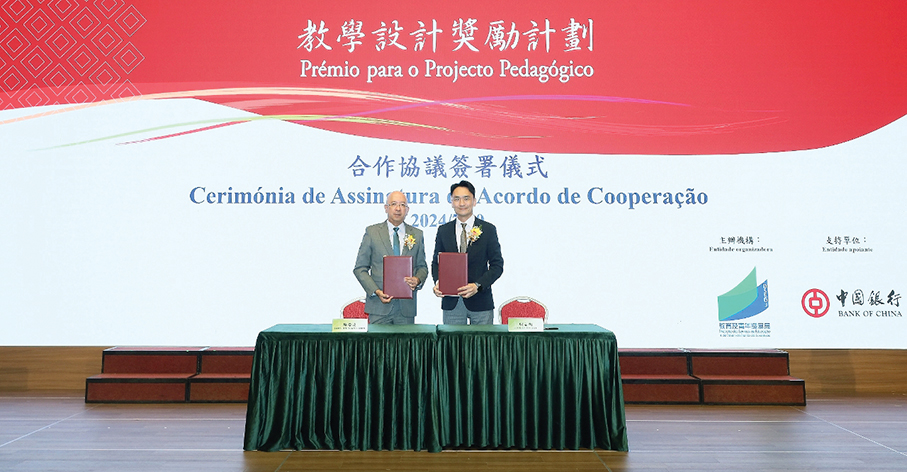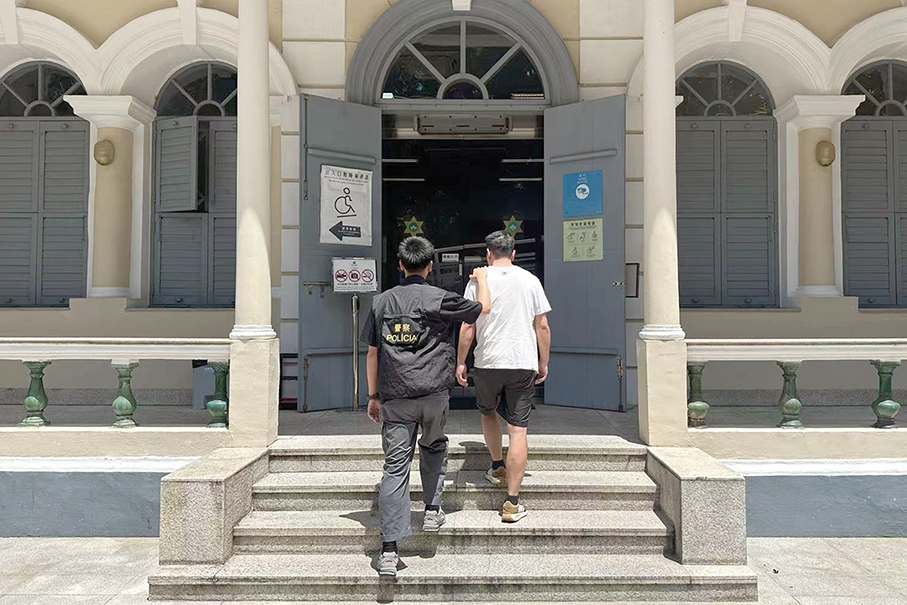As the COVID-19 pandemic has severely impacted the local economy, the government has decided to launch eight more support measures to help small-and medium-sized enterprises (SMEs) cope with the situation, a statement by the Secretary for Economy and Finance Office said yesterday.
According to the statement, the government will launch the string of emergency measures with the aim of assisting businesses in tackling their financial predicament, exempting them from rent on government properties, and alleviating their tax burden.
The statement said that the government will subsidise SMEs’ bank loan interest payments. The statement pointed out that the government will accept applications for its “SME bank loan interest subsidy plan”, which will help the businesses by paying up to four percent of the interest on a bank loan. The statement noted that the measure will last for three years and applicants can apply within a year.
The statement also said that another support measure aims to ease up on SMEs interest-free loan application requirements. The statement pointed out that the government decided to relax its “SME support measure” requirements for businesses that have been open for one year only, instead of the two years originally required. The statement noted that the application period will run for 12 months and applicants can ask for an interest-free loan of up to 600,000 patacas with a payback period as long as eight years.
Moreover, the government also decided to extend its application period for its interest-free loans. The statement said that the Education and Youth Development Bureau (DSEDJ) has launched an “adjusted repayment period” plan, which will extend its application period for another year, from its intended deadline on January 31, 2022 to January 31, 2023. The statement pointed out that those who are already paying back their loans can apply to lower their repayment amount to 1,000 patacas per month for the next two months. The statement underlined that the remainder will be divided equally throughout their repayment period.
Meanwhile, the Monetary Authority Macau (AMCM) also launched two schemes. The statement said that the monetary regulator encourages banks, within a reasonable scope, to adjust their repayment plans, such as allowing SMEs to only pay the interest but, for a period of time, not to repay their loans, or extend their repayment period.
Another AMCM policy will, the statement noted, cancel the transaction fees for SMEs which use “Simple Pay” for six months in order to lower their operating expenses.
The statement also said that the government decided to allow those private businesses which are using government-owned properties to use the premises rent-free for three months.
According to the statement, the Finance Services Bureau (DSF) urged private property owners to reduce their rents. The statement said that the bureau will readjust the urban property tax and stamp duty on leased buildings for property owners who lower their rents accordingly. The statement added that the bureau will set up special counters for the property owners to apply for a lower tax rate and speed up the processing of their requests.
The statement also said that the eighth support measure will provide operators and freelancers a monetary subsidy. The statement pointed out that residents who either pay personal income tax, or are self-employed, and did not earn more than 144,000 patacas in 2020, will receive a 10,000-pataca subsidy, while business operators and freelancers who did not earn any profit in 2020 can receive financial support ranging from 10,000 to 200,000 patacas, adding that the amount will equal five percent of the respective business’s average operating expenses in the last three years.
The government pledged to speed up the process of consolidating the various support measures. The statement said the proposed measures involve the need to amend the government’s budget, adding that the government is willing to listen to public opinion and make adjustments accordingly in order to accelerate the Legislative Assembly’s (AL) debate and vote on the proposed measures. The government hopes that the plans will benefit business owners and their employees, the statement said, adding that more information will be made available later and a raft of conferences will be held to promote and explain each measure in detail.
The statement did not say when the eight measures will get off the ground. It stressed, however, that all the support measures will be temporary.
The eight measures must be passed by the legislature in order for the government to carry them out.

This photo taken in August on Rua do Cunha shows shops are temporarily closed after the detection of the city’s Delta variant family cluster. Photo: Prisca Tang









